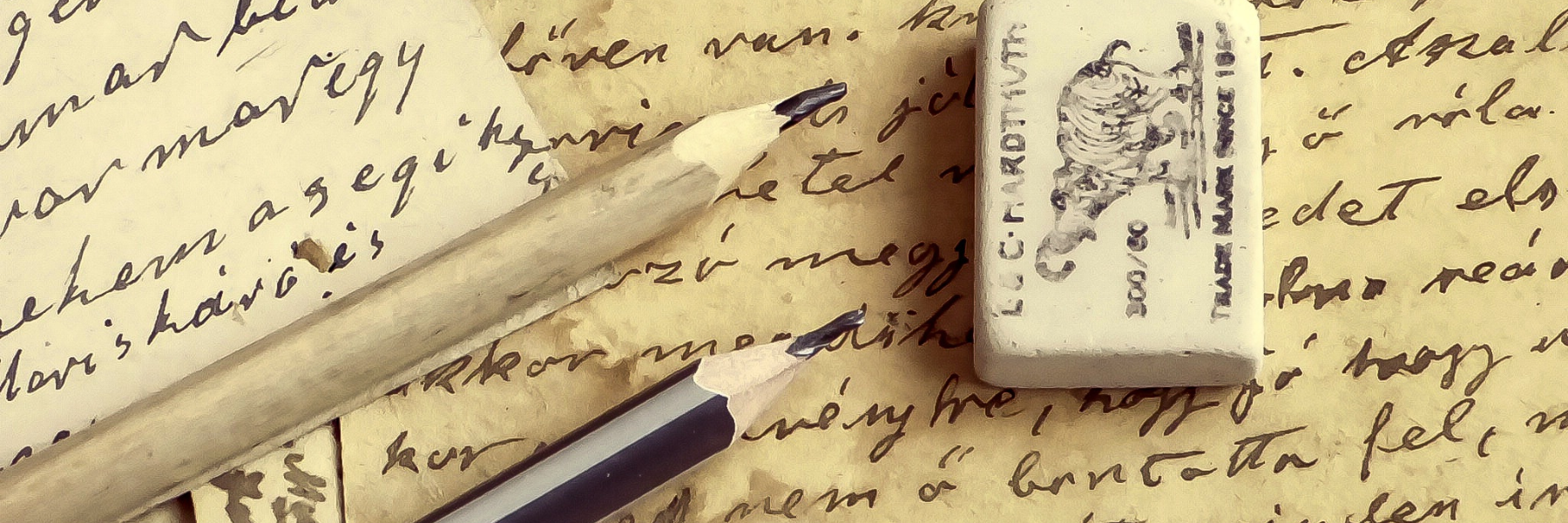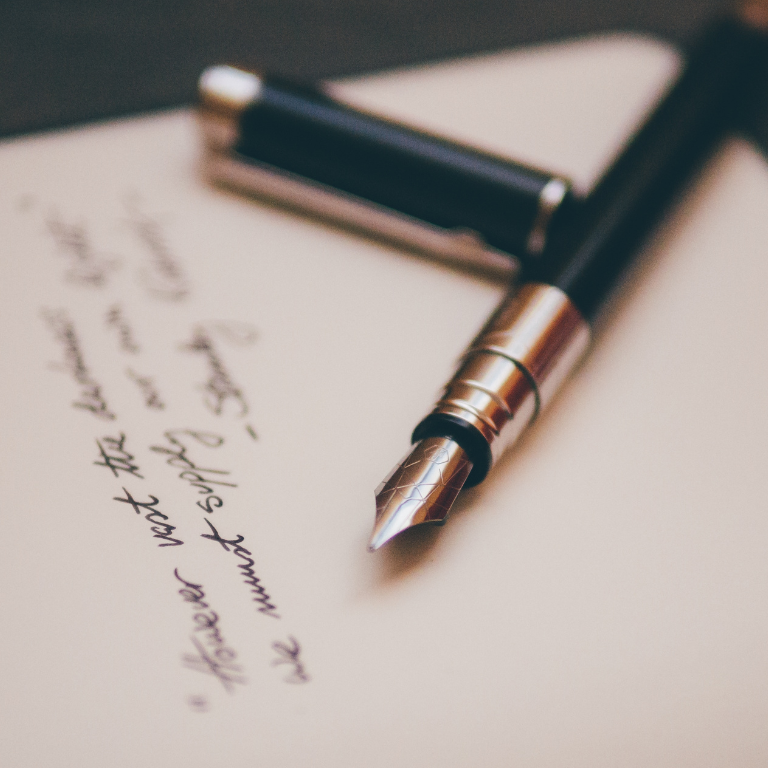During the busy life of a college student, it can be hard to sit and write. Amidst the tests, projects, papers, where can one find the time? Especially the story ideas that don’t fit into a class paper or assignment; that don’t fit within the college students’ much sought-after mantra of “hitting two birds with one stone.” Instead, these scribbled concepts have been left in the “unfinished” folder in your brain, leaving you in a state of wondering when you can finally remove the idea off the backburner, when you can finally crack your knuckles and begin typing or writing this concept into fruition.
I have realized that I tend to convince myself that my writing must be perfect the first time that I sit down and say “alright, it’s writing time.” But, more often than not, I stare at the blinking cursor for hours, racking my brain for some sort of result. Sometimes I don’t get back to the ideas and they sit unfinished in my Word document. Sometimes I would rather do anything else than go back to those ideas.
What I have found that helps me most is allotting specific time for personal writing projects like I would for scheduling homework time. I will create a block of time specifically dedicated to personal writing in my Outlook calendar, and I will give myself at least 15 minutes to spill whatever I am thinking and write it down, brainstorm, edit, or move a writing concept forward. This 15 minutes is often placed between class times, brief times before work, or any other down time I have. This has helped me realize that writing does not have to be done all at once or in one setting, and it’s definitely okay for it to not be perfect the first time you spill the idea on to the page.
It's also okay to alleviate the pressure of a brewing concept—as some of the best ideas come later in the revision process. Ross Gay, an award-winning poet and associate professor of poetry at Indiana University, said in an interview that “The first [draft] often feels like I’m being more verbose, but the stuff that I’m including is what’s available in my mind at the time, and that could feel sort of big and wild. The way that a revision might open up to include things is very different.” He later described the writing process of one of his poems, “Spoon,” from his poetry collection Catalog of Unabashed Gratitude: “that poem went through many drafts, and it took a couple years to write it. At first, that poem was really just about a spoon. It ended in a sort of sweet, boring way. And then I broke it back open, and I realized there was more, and then I broke it open again, when I realized that I could not get to where I thought I was going to get.” Gay describes that this poem took “many years to write” and that he had to “break the poem open” to allow it to reach its full potential, and I think that is a helpful idea to keep in mind when you sit in front of the blinking cursor or are overwhelmed by the concepts that you have yet to write.
Those 15 minutes daily (or whatever you feel most comfortable setting aside for yourself) can help break your writing open. And, they don’t have to be centered on that same concept. You could choose to brainstorm a new idea, continue with an unfinished concept, or simply repeat starting phrases like “Today I found ____ interesting” or write all the sensory details you can imagine for something ordinary like an apple or a coaster on your desk. Setting this time for yourself can help you ease into an idea or be useful pre-writing before you allot more time to writing. This time may feel silly or pointless, but you are allowing yourself to have needed warm-up time for writing—just as you would when stretching before exercising. You are giving yourself space to simply write—which could help “break open” all those worthy concepts, ideas, and thoughts.
---
Shannon Kucaj is a Creative Writing major with minors in Psychology, Professional & Public Writing, Communication Studies, and Classical Studies; she will be graduating in May 2023. Her poetry piece “Cobweb Words” was published in the Spring 2021 issue of genesis (prior to her joining the editorial team) and won the “best of” poetry for that issue. She also has three poems published in Butler University’s Manuscripts: “In My Friend’s Room, Melting”, “The Dreamer Test Drives”, and “Night Study”.
This is her second year with the genesis team, and she is excited to continue promoting the magazine and reading student work! Currently she is working toward a future in publishing, specifically within editorial work. Her favorite genres are poetry and science fiction, with some of her favorite works being Ross Gay’s "Be Holding" and Ursula K. Le Guin’s "The Lathe of Heaven". She looks forward to publishing her own poetry collection in the future. For more information about Shannon and her work, check out her Instagram @kucajpoems or contact her via email at shannonkucaj.writer@gmail.com.



